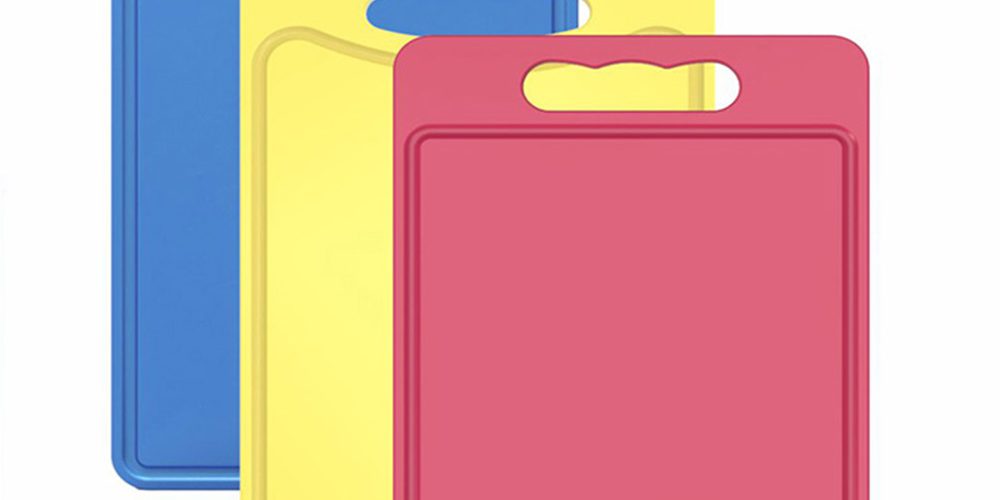Plastic cutting boards are a popular choice in kitchens due to their affordability and ease of maintenance. To ensure that your plastic cutting boards remain in good condition and last longer, it’s essential to practice proper care and cleaning. In this article, we’ll share tips on how to extend the lifespan of your plastic cutting boards.
- Regular Cleaning: After each use, wash your plastic cutting boards with hot, soapy water. Use a scrub brush or sponge to remove food residues and stains.
- Sanitizing: To ensure food safety, sanitize your cutting boards regularly. You can use a mixture of water and white vinegar or a food-safe disinfectant. Allow the solution to sit for a few minutes before rinsing thoroughly.
- Avoid High Temperatures: Plastic cutting boards are not heat-resistant, so avoid placing hot pots or pans directly on them to prevent warping or melting.
- Knife Selection: Use sharp knives on your plastic cutting boards to reduce the risk of deep gouges and cuts that can trap food particles and bacteria.
- Color-Coding: Consider using different colored plastic cutting boards for various food categories (e.g., one for raw meats, one for vegetables) to reduce the risk of cross-contamination.
- Avoid Harsh Cleaners: Refrain from using abrasive cleaning agents or scouring pads on your plastic cutting boards, as these can damage the surface.
- Thorough Drying: Always ensure that your plastic cutting boards are completely dry before storing them. Excess moisture can lead to warping or the development of a musty odor.
- Regular Inspection: Periodically inspect your cutting boards for signs of deep cuts, gouges, or excessive wear. If you notice significant damage, it may be time to replace them.
- Stain Removal: To remove stains from your plastic cutting boards, create a paste using baking soda and water. Apply it to the stained area, gently scrub with a soft cloth or sponge, and rinse thoroughly.
- Replace When Necessary: While plastic cutting boards can last for a reasonable amount of time, they may need replacement when they show signs of excessive wear, deep cuts, or warping.
By following these tips for proper care and maintenance, you can extend the lifespan of your plastic cutting boards, ensuring that they remain a practical and hygienic tool in your kitchen for an extended period.






